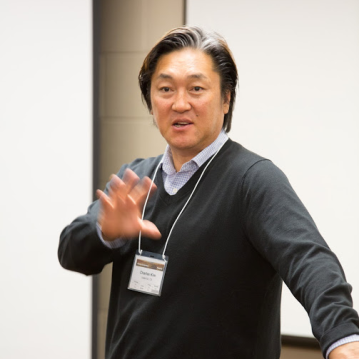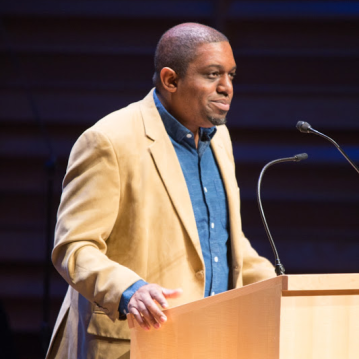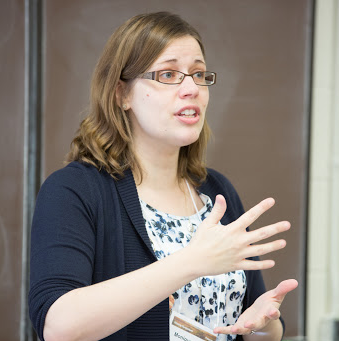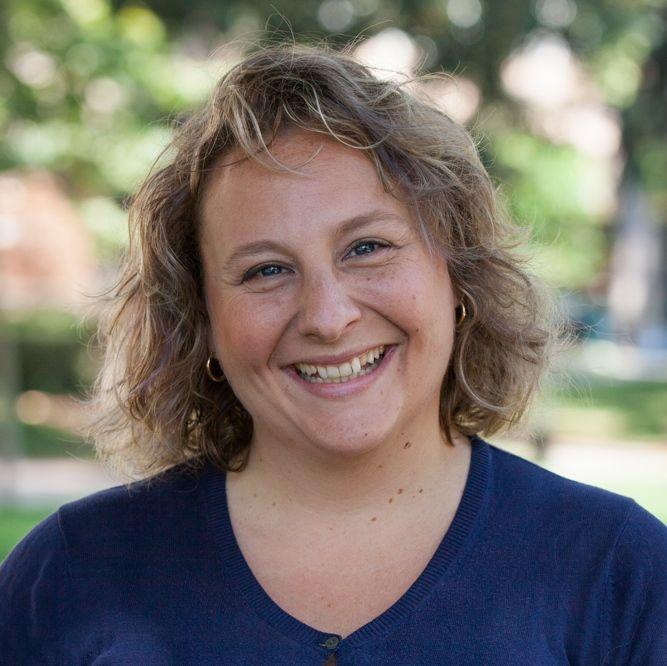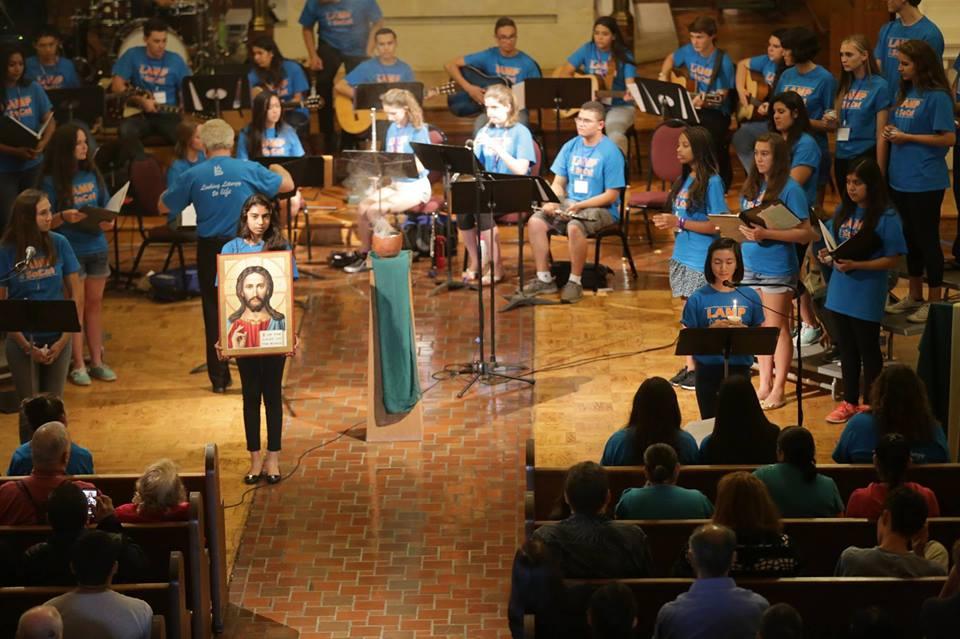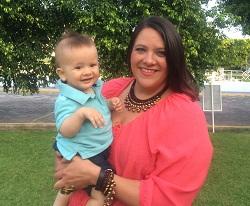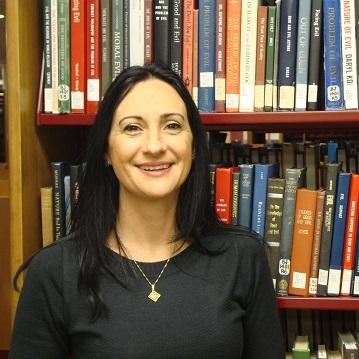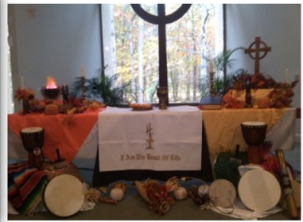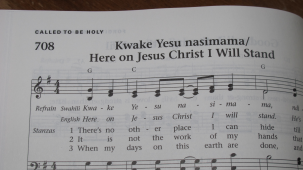'Glocal' Worship: Experiencing the fullness of Christ
Come and find out ways to experience the ‘All Nations’ in the context of local ministry.
Principles of an Urban Doxology
What does worship look like for a church that is economically, educationally, and culturally diverse?
Understanding Your Congregation's Unique Worship Culture
Each local congregation has its own unique history, geographical and social location, demographic makeup, and mission.
Jennifer Ackerman on Courageous Conversations among Pastors
The Micah Groups program brings together pastors from diverse denominational, theological and ethnic contexts, all who desire to become empowered wise preachers. They seek justice, love mercy and walk humbly with God. Over time, they build enough trust to have courageous conversations about worship, preaching and justice.
How Ritual Training Overflows into Expressive Worship
Lay training in both formative and expressive liturgy helps Catholic adults and youth live out their identity in the universal priesthood of all faithful believers. Protestants can learn from this.
Dale Sieverding on Cultural Differences in Recruiting Youth
The Archdiocese of Los Angeles launched a summer camp to train young Catholics to lead in local liturgical ministries. They discovered that finding gifted youth requires different approaches in different cultures.
Sandra Van Opstal on Multicultural Millennials in Worship
You might be surprised to learn what matters in worship to multicultural millennials in this urban Chicago church.
Monique Ingalls on Why Scholars Can Stop Worship Wars
So many worship conversations go awry because people and congregations don’t know how to talk about what they do or value in worship. Both Christian and non-Christian scholars can help.
Maria Eugenia Cornou on the Myth of Hispanic Culture
Maybe you want to welcome Spanish speakers into your church community. If so, then don’t stereotype people who identify as Hispanic or Latino as all belonging to a single monolithic culture.
Four Essentials for Multicultural Worship
Churches can become more multicultural through traditioned innovation based on prayer, intention, hospitality and discomfort.
Nonverbal Worship Practices that Bridge Differences
Rhythm, liturgical movement and visual art draw on gifts already present in how God made us and what the universal church has already created.
Expand Your Church’s Bilingual Music Repertoire
Maybe there are people in your church or neighborhood whose first language is different than yours. Singing simple songs in their language is a fantastic way to welcome them in worship.

